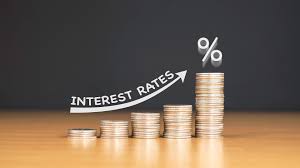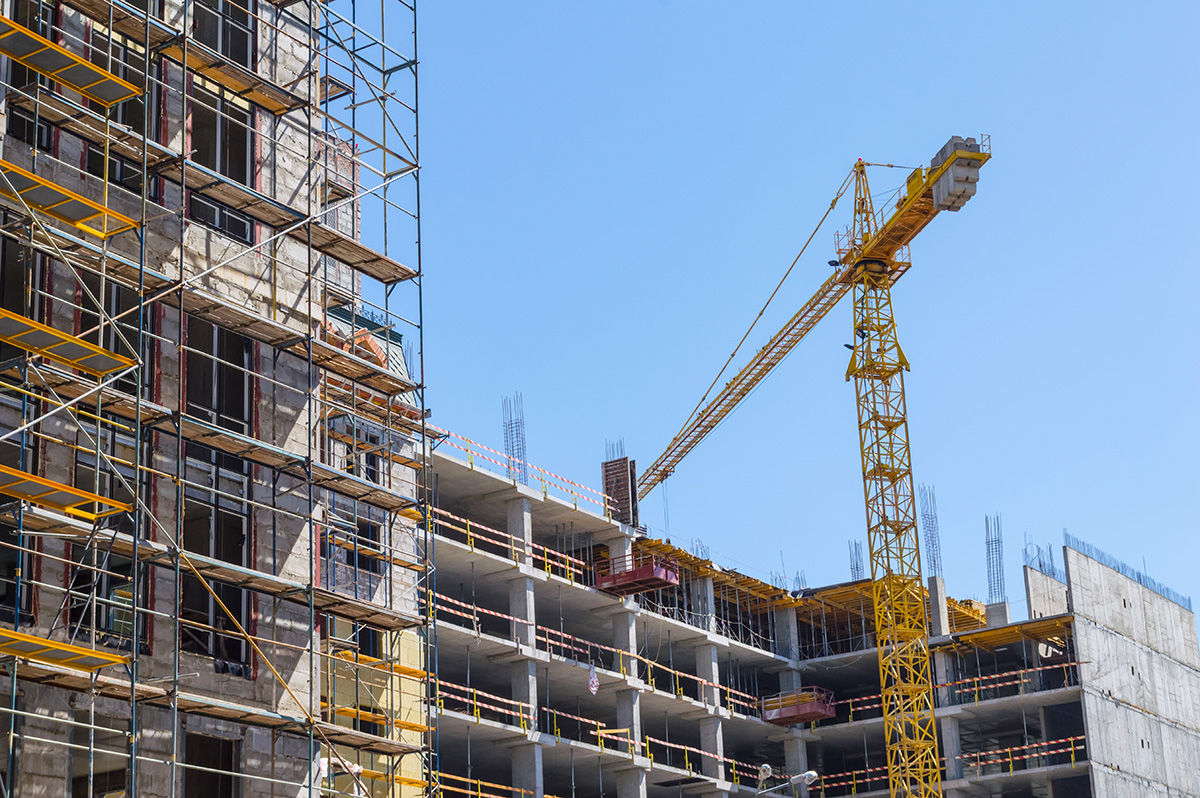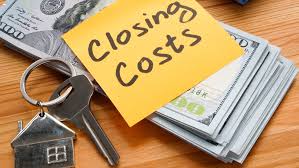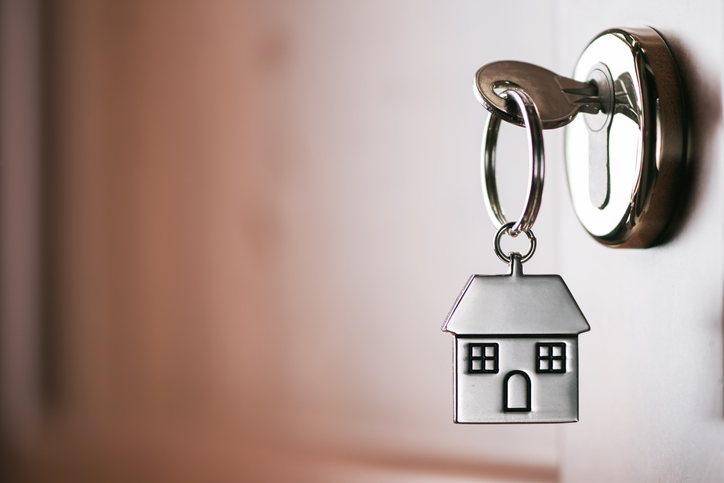Thinking about a bigger place but hesitant because of today’s rates? You’re not alone. Still, sometimes staying put costs more in comfort and lifestyle than moving up does. Here are five quick signs it might be time to upsize.
⸻
1. Your Home Doesn’t Fit Anymore
If every corner’s packed — kids, office gear, or storage boxes — it’s a sign your life has outgrown your space.
⸻
2. You Avoid Having People Over
When hosting feels stressful because there’s nowhere to sit, it’s time to find a layout that actually works for how you live.
⸻
3. You’ve Built Strong Equity
Rising home values may have boosted your buying power more than you think. Even with higher rates, your equity could make the move possible.
⸻
4. You’re Always Compromising
Sharing rooms, no home office, or zero outdoor space — constant sacrifices add up. Comfort matters.
⸻
5. You Plan to Stay Long-Term
If you’ll be in your next home for 7–10 years, short-term rates matter less. Buy smart now, and let time do the work.
⸻
Bottom line: Upsizing isn’t just about more space — it’s about a better fit for your life. Want to know what your current home’s equity could unlock? Reach out anytime — I’m happy to walk you through it.













